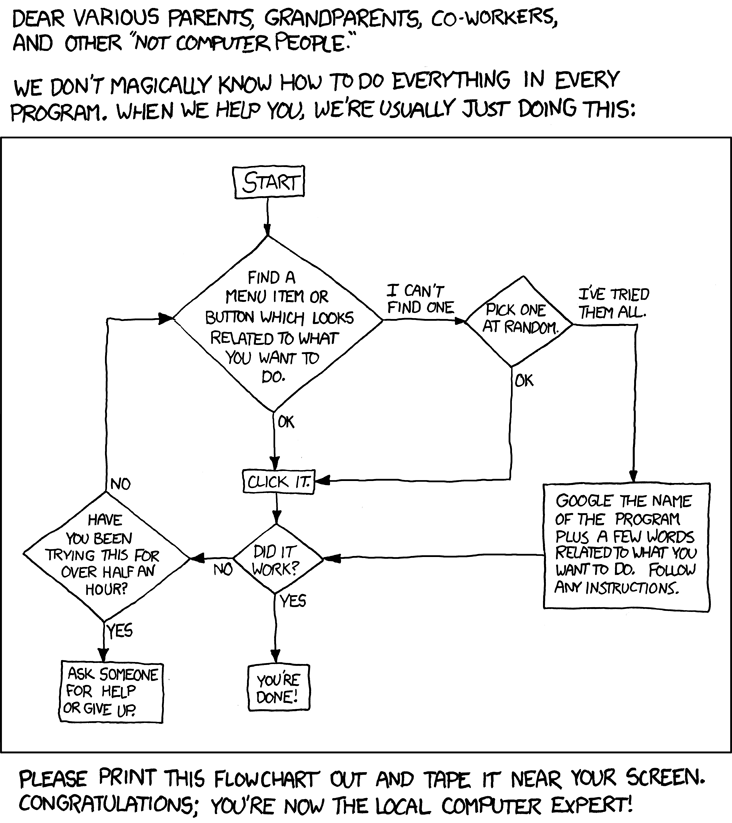UPDATE: Welcome, Times & Seasons readers! You may want to check out the greatest hits of my blog here.
Over the last few days, I have been involved in a conversation at another blog. One of the questions was whether the Church’s recent endorsement of the Salt Lake City anti-discrimination ordinance is "entirely consistent with the Church’s prior position on these matters" as its statement indicates. The Church's current position is certainly consistent with their statement given before the Proposition 8 vote that "The Church does not object to rights . . . regarding hospitalization and medical care, fair housing and employment rights, or probate rights, so long as these do not infringe on the integrity of the family or the constitutional rights of churches and their adherents to administer and practice their religion free from government interference." However, the record of the Church previous to the 2008 vote is much less clear.
Before I get into the results of my research, I want to hedge a bit: Because the Church has so many ways of unofficially putting out its message (the Deseret News, mid-level officials, etc.), trying to interpret whether a message reflects the desires of the Church is often an exercise in Kremlinology. Therefore, I will try to give you my primary sources so that you can decide for yourself whether you agree with my conclusions. With that disclaimer out of the way, let me begin . . . .
I initially stated at T&S that I thought that the Church had publicly opposed housing and employment protections for gays. This is because I had remembered reading that they supported Colorado's Amendment 2, which prohibited any designation of gays as a protected class until it was overturned by the U.S. Supreme Court. I reviewed my notes, and my source for this was Michael Quinn. His support for this conclusion, however, was based on the fact that Rex E. Lee helped draft the brief in support of the amendment while he was president of BYU, which would have "required specific approval from the First Presidency and Quorum of the Twelve Apostles." This seemed somewhat inconclusive to me, and so I went in search of more evidence.
While I could not find any other contemporaneous accounts of LDS involvement in Amendment 2, I did find some information on another event that the Church seemed more involved in. In late 1997, the Salt Lake City council passed an ordinance similar to the one that was just passed. While the Church did not make an official statement at the time, editorials (see also) in opposition to the ordinance were written by the Deseret News, and the Area President over Salt Lake City instructed bishops to encourage their congregations to attend the city council meeting on the night when they were to vote on whether to repeal the ordinance.
While it is likely that none of these items in isolation would provide good evidence as to the Church's position regarding housing and employment rights, taken as a whole, it is hard to escape the conclusion that the Church was working against these measures.* Indeed, rhetorical choices such as "granting official sanction to the same-sex lifestyle" sound somewhat familiar.
However, if you really want to figure out if the Church has changed its position on gays and lesbians, just take a tour of old Ensigns. The official position of the Church as recently as 1996 was that there were no such people as gays and lesbians:
We should note that the words homosexual, lesbian, and gay are adjectives to describe particular thoughts, feelings, or behaviors. We should refrain from using these words as nouns to identify particular conditions or specific persons. Our religious doctrine dictates this usage. It is wrong to use these words to denote a condition, because this implies that a person is consigned by birth to a circumstance in which he or she has no choice in respect to the critically important matter of sexual behavior.
Comparing last week's announcement to that statement is like comparing night and day. By advocating housing and employment rights, the Church has crossed the chasm from adjective to noun--that is, the Church acknowledges that gays and lesbians exist. And that's a mighty big first step.
* There is, however, one really fantastic story in Idaho of how the Mormons were the crucial vote in defeating an amendment similar to Colorado's Amendment 2. But that's a story for another post . . . .






